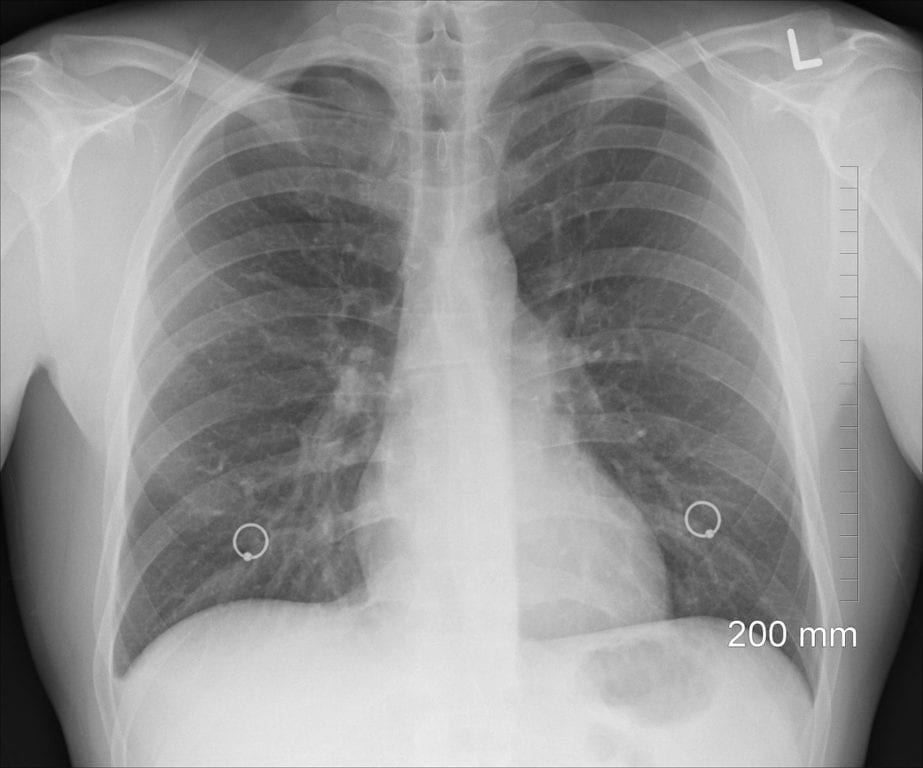At the moment, there are two FDA-approved treatment options for people with idiopathic pulmonary fibrosis (IPF). However, given the needs of patients, it is necessary to develop additional therapeutic options, both to overcome treatment resistance and to better serve those affected. Clinical-stage biotech company Bridge Biotherapeutics is working to provide a new option for those with IPF through the development of BBT-877.
According to a news release from November 2022, Bridge Biotherapeutics recently launched a Phase 2a study to evaluate the safety, efficacy, and tolerability of BBT-877. In a previous Phase 1 study, researchers found that BBT-877 inhibited lysophosphatidic acid (LPA) production by up to 90%; LPA can play a role in different physiological processes that lead to fibrosis. Researchers hope to expand on their knowledge of BBT-877 in this Phase 2a trial.
Altogether, an estimated 120 patients will enroll within this study. Patients will receive either a placebo or 200mg BBT-877 two times each day. Ultimately, researchers hope to understand how BBT-877 affects forced vital capacity.
BBT-877: A Brief Overview
Bridge Biotherapeutics describes BBT-877 as:
an orally administered autotaxin enzyme inhibitor which is under development as a treatment for various fibrotic diseases. BBT-877 is a small-molecule compound that suppresses inflammation and sclerosis by reducing LPA production through the selective inhibition of autotaxin.
What is Idiopathic Pulmonary Fibrosis?
Idiopathic pulmonary fibrosis (IPF) is a serious, progressive, and chronic lung disease in which the lung tissue scars and hardens due to an unknown cause. Although the cause is unknown, some hypothesize that it could result from a genetic predisposition and an environmental trigger such as cigarette smoking, metal or wood dust, and viral infections. Regardless, the lung fibrosis stops oxygen from entering the bloodstream. Unfortunately, it can be difficult to receive an early diagnosis. As a result, IPF comes with a poor prognosis; life expectancy, following diagnosis, is around 3-5 years.
Symptoms related to IPF can, but do not always, include shortness of breath, a dry and hacking cough, clubbed fingers and toes, gastroesophageal reflux, appetite and weight loss, and fatigue. It also increases the risk of developing pulmonary embolisms, pneumonia, and lung cancer.








